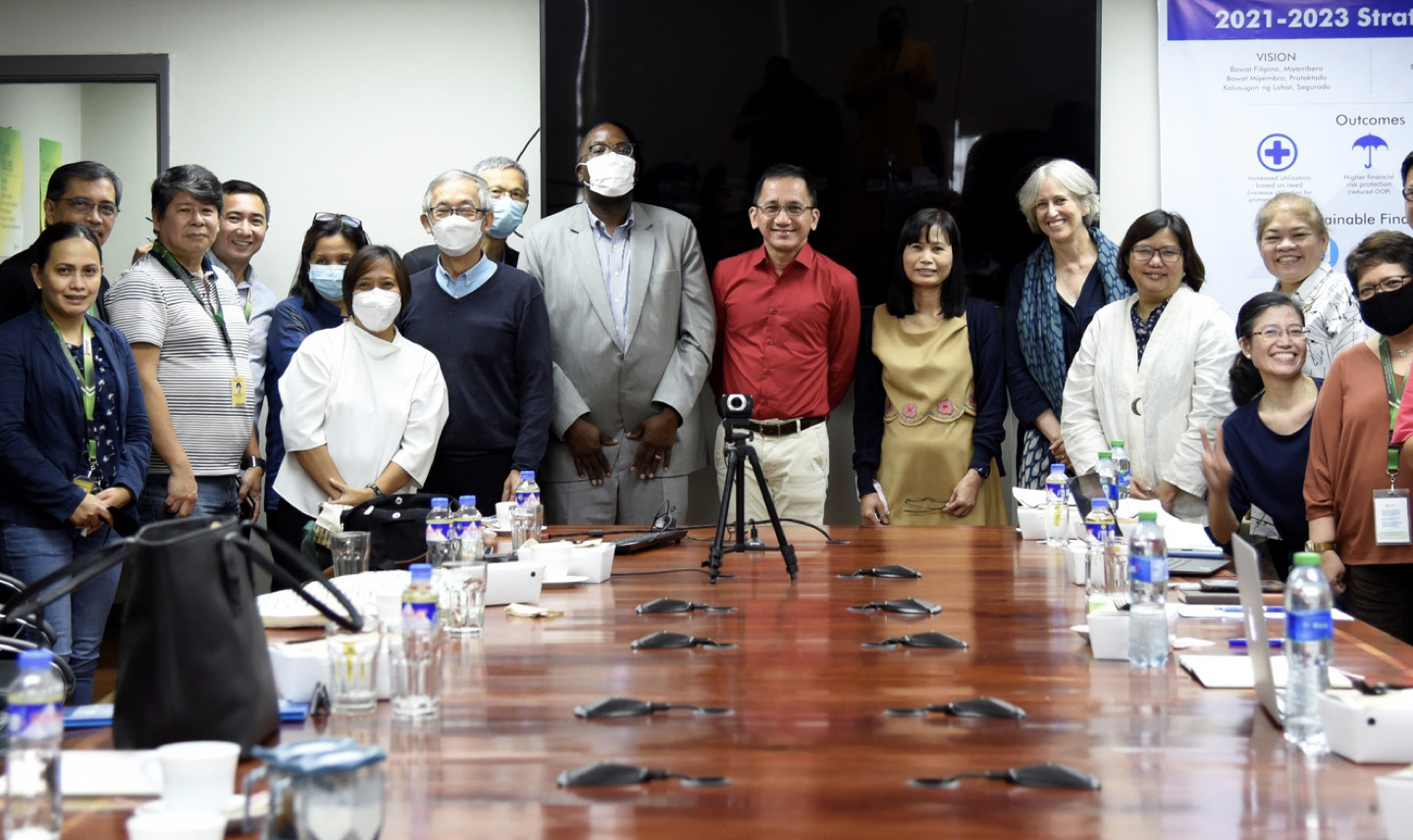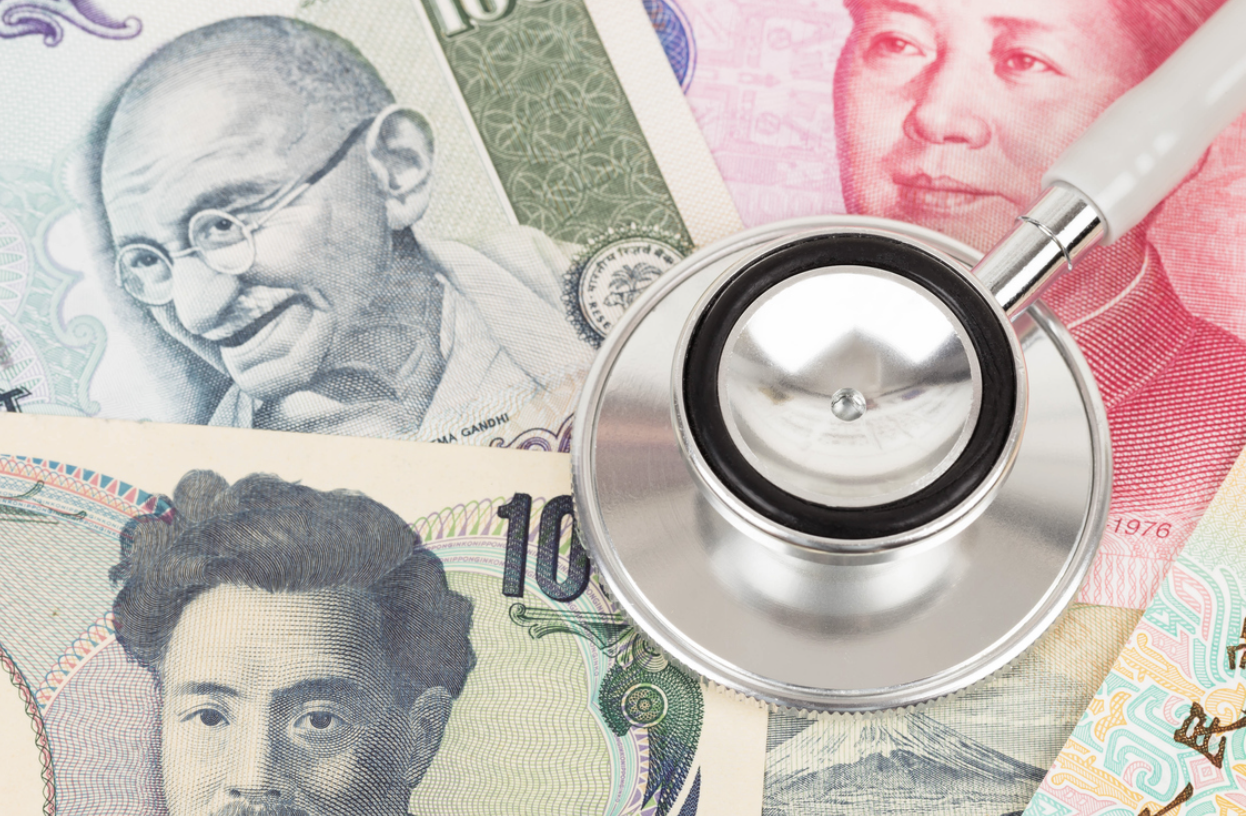Thailand is an upper-middle-income country in South-East Asia with a population of 71 million people. In 2019, current health expenditure was 3.8%of GDP, while domestic general government health expenditure accounted for 70.5% of current health expenditure (CHE). Thailand achieved universal health coverage (UHC) in 2002, resulting in a significant decline of out-of-pocket (OOP) health expenditures from 34% in 2001 to 8.7 percent of CHE in 2019. The UHC service coverage index was reported as 83 in 2019.
UHC in the wake of financial crisis
In the 1960s, Thailand began investing in and developing a nationwide public health care infrastructure. In the 1970s, the country started expanding social protection schemes. The social protection schemes included the Medical Welfare Scheme (MWS) for poor and vulnerable populations (1975), the Civil Servant Medical Benefit Scheme (CSMBS) for civil servants and their dependants (1978), the Voluntary Health Card Scheme (VHCS) for self-employed and informal sector workers (1983), and the Social Security Scheme (SSS) for private employees (1990). In 2001, 30% of the population remained uninsured.
The most significant health reform in Thailand took place in 2001 through the establishment of the Universal Coverage Scheme (UCS), a tax-based, non-contributory scheme managed by the National Health Security Office (NHSO). Within a year, the UCS covered the previously uninsured 18 million people. In addition, MWS and VHCS were merged into the UCS. The speed of implementation of the reform and its implementation following the 1997 financial crisis defined the reform as a success. Just one year after implementation, the UCS reached 76% of the population, marking the beginning of UHC in Thailand in 2002. The CSMBS and SSS remained separate schemes covering 7% and 17% of the population, respectively.
An increase in access to healthcare after the UCS implementation
The implementation of UCS contributed to an increase in health care use with low levels of unmet needs for health care services. The number of outpatient visits per UCS member per year rose from from 2.45 in 2003 to 3.42 in 2020, while the number of inpatient visits per UCS member per year rose from 0.09 in 2003 to 0.12 in 2020. In addition, prevalence of unmet needs for outpatients and for inpatients in 2019 was a low 1.4% and 0.1%, respectively.
Thailand’s experience-sharing of health financing
Thailand, through the NHSO, hosted and co-hosted trainings and workshops with other partners on health financing with other countries. In addition, NHSO has provided documents of Thailand’s UHC experiences on the NHSO website. This facilitates a continuous collaboration between Thailand and other countries in health financing for UHC and health systems.



